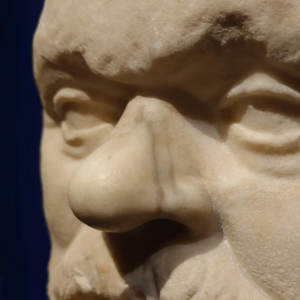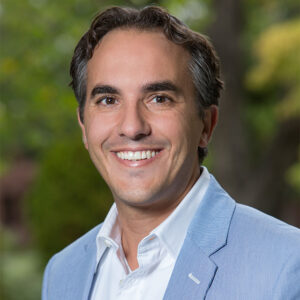

Sign up: [email protected]
(Deadline: Friday 14 November 2025)
The masterclass consists of a lecture and a workshop on the philosophy of olfactory perception by philosopher Benjamin Young (University of Nevada, Reno) and is aimed at students of philosophy, history and literature. The workshop will center on Young’s recent book, Stinking Philosophy! Smell Perception, Cognition, and Consciousness (MIT Press, 2024).
Smell has long been considered our weakest, and both philosophically and culturally least interesting sense. Over the past decades, however, there has been a strong interdisciplinary re-evaluation of this trope. In the fields of cognitive neuroscience and the philosophy of cognition, close study of how the brain processes olfactory information has challenged fundamental models of cognition that were based primarily on visual and auditive input. Scholars of history, literature and anthropology have investigated the surprisingly rich variety of practices and (c)osmologies surrounding smell throughout time and space. Finally, for many people the subconscious but important influence of smell on their daily lives became painfully clear during the recent covid-19 pandemic, as both temporary and permanent anosmia (loss of smell) was a common effect of the virus. Subjects reported that their condition impacted, amongst other things, their self-perception, their emotional states, their sense of security and their connection to the environment. All of these insights raise the question: what does it mean for us to be smelling beings? And how, given our apparently limited capacity to articulate our olfactory experiences, can we talk about smell?
In the first half of the masterclass, Benjamin Young will give a lecture titled The Molecular Structure Theory of Smell and our Self Scent. The lecture will cover the relevant arguments from Stinking Philosophy! and build on them to explore the role that conscious and unconscious olfactory processes play in allowing us to recognize our embodied composition and what we can perceive about others. The conclusion argued for is that our sense of self is partially constituted through unconscious olfactory processes that track our own smell, kinship relations, and the scent of the other.
The second half of the masterclass consists of a participatory workshop in which we will engage with the questions of how we recognize smells categorically, and how we communicate about them. Young will present his argument for the non-conceptual format of olfactory categories, arguing that this format is incompatible with that of our visual and linguistically mediated conceptual repertoire (which explains the discrepancy between our remarkable ability to discriminate between various odors, and our limited ability to identify smells by name). Afterwards, participants will engage in two experiments that involve sniffing, categorizing and discussing various odorants, and will reflect on how, in so doing, they create smell communities.
In order to obtain 1 ECTS:
- Students attend both the lecture and the workshop.
- Students prepare two questions for the Q&A based on the assigned core readings.
(Preliminary) Literature:
- Asifah Majid, ‘Human Olfaction at the Intersection of Language, Culture, and Biology’, in: Trends in Cognitive Sciences 25:2, 111 – 123. (Core reading)
- Benajmin Young, ‘Unconsciously smelling self and others’, in: Juraj Hvorecký, Tomáš Marvan, Michal Polák (eds.), Conscious and Unconscious Mentality. Examining their Nature, Similarities, and Differences (Routledge, 2023). (core reading)
- Bejamin Young, Stinking Philosophy! Smell Perception, Cognition and Consciousness (MIT Press, 2024). Stinking Philsophy! has been published under an open access license and is freely available for download on the publisher’s website.
- Chapter 1: ‘What are Smells?’ (Core reading)
- Chapter 4: Formatting Odors (optional reading)
- Chapter 5: Pondering Smells (optional reading)
